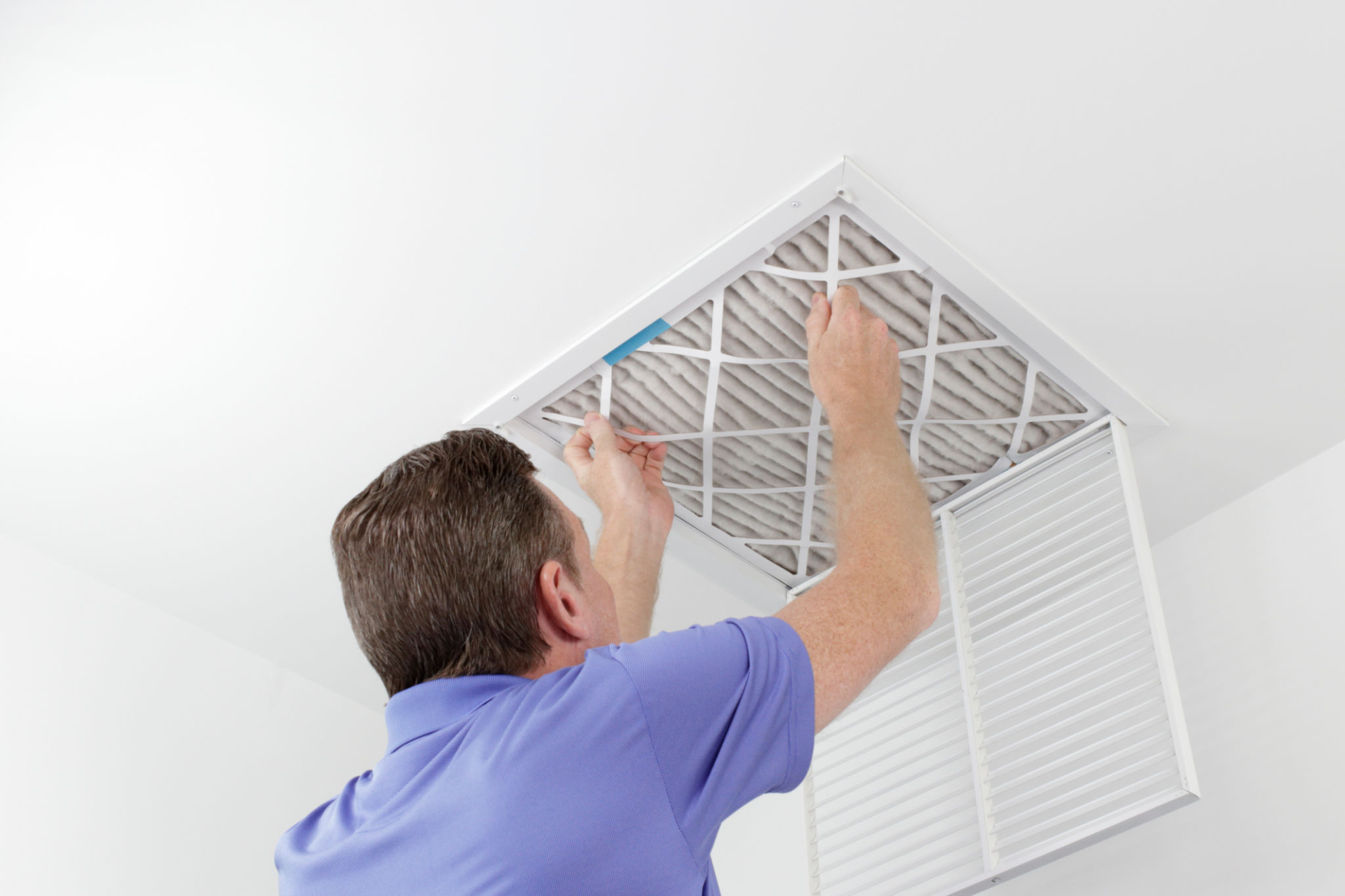Expert Tips for Managing Seasonal Allergies in Southampton
Understanding Seasonal Allergies
Seasonal allergies, also known as hay fever or allergic rhinitis, affect a significant portion of the population. In Southampton, the beauty of spring and summer can often be overshadowed by the discomfort of these allergies. The main culprits are pollen from trees, grasses, and weeds, which trigger symptoms like sneezing, runny nose, and itchy eyes. Understanding the local pollen patterns can be the first step toward managing your symptoms effectively.

Monitoring Pollen Levels
Staying informed about pollen levels can help you plan your activities better. Several websites and apps provide daily pollen forecasts specific to Southampton. By keeping track of these levels, you can avoid outdoor activities on days when pollen counts are high. Try to plan outdoor activities for late afternoons or after rain showers when pollen levels are typically lower.
Creating an Allergy-Friendly Home
Your home should be a sanctuary from allergens. Start by keeping windows closed during high pollen periods to prevent outdoor allergens from entering. Regular cleaning is also essential; vacuum carpets and upholstery frequently using a vacuum with a HEPA filter to capture pollen and dust mites. Additionally, consider investing in an air purifier to help keep indoor air clean.

Effective Medication and Treatments
For many, medications are a necessary part of managing seasonal allergies. Over-the-counter antihistamines can provide relief from symptoms like sneezing and itching. Nasal corticosteroids are effective for reducing inflammation and congestion. It’s best to consult with a healthcare professional to determine the most suitable treatment plan for your specific needs.
Natural Remedies and Lifestyle Changes
Some people find relief through natural remedies and lifestyle adjustments. Saline nasal rinses can help clear allergens from your nasal membranes. Incorporating foods rich in omega-3 fatty acids and antioxidants may support your immune system. Additionally, wearing sunglasses when outdoors can reduce pollen exposure to your eyes.

Building an Allergy Action Plan
An allergy action plan can help you stay prepared and mitigate symptoms before they escalate. This plan should include a list of triggers, preferred medications, natural remedies, and emergency contacts if needed. Share this plan with family members so they can assist you in maintaining your allergy management strategies.
Consulting an Allergy Specialist
If your symptoms persist despite your best efforts, it may be time to consult an allergy specialist in Southampton. An allergist can perform tests to identify specific allergens and recommend tailored treatment options. Immunotherapy, commonly known as allergy shots, is one option that can provide long-term relief for some individuals.
Conclusion: Embracing Allergy Management
Managing seasonal allergies in Southampton requires a combination of monitoring, prevention, treatment, and lifestyle adaptations. By taking proactive steps and possibly consulting with professionals, you can enjoy the beautiful seasons without being bogged down by allergies. Remember that everyone's experience with allergies is unique, so it's important to find what works best for you.